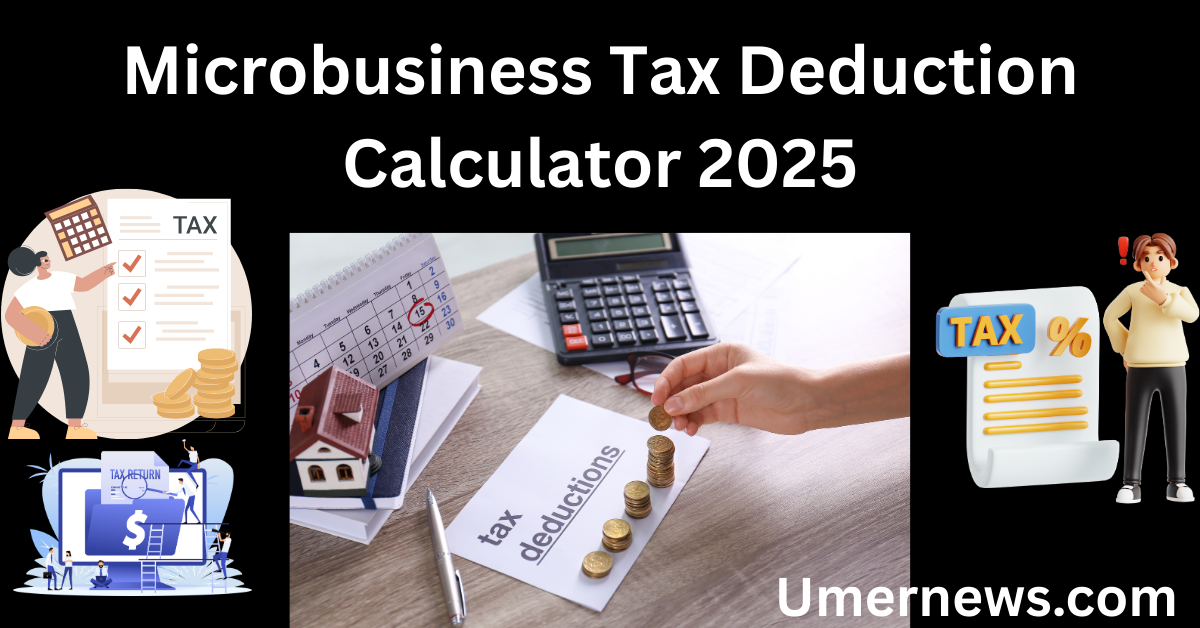Virtual event ROI calculator August 2025
Virtual event ROI calculator August 2025
Contents
- 1 Virtual event ROI calculator August 2025
- 2 Virtual Event ROI Calculator August 2025: Maximize Your Profits
- 2.1 Introduction
- 2.2 What Is a Virtual Event ROI Calculator?
- 2.3 The Formula: Calculating Your ROI
- 2.4 Key Metrics to Track for an Accurate ROI
- 2.5 Example: A Look at the Numbers
- 2.6 Practical Tips to Boost Your Virtual Event ROI
- 2.7 Conclusion
- 2.8 FAQs
- 2.8.1 What is a good ROI for a virtual event?
- 2.8.2 How do you calculate the ROI of an event?
- 2.8.3 What are the main costs of a virtual event?
- 2.8.4 How do I measure the success of a virtual event without direct revenue?
- 2.8.5 How can I track leads from my virtual event?
- 2.8.6 Are virtual events more cost-effective than in-person events?
- 2.8.7 Can a virtual event have a negative ROI?
Virtual event ROI calculator August 2025

✨ Key Features:
- Complete ROI calculation with investment and revenue tracking
- Bright, shining color scheme (yellow, sky blue, white) with excellent readability
- Smooth animations and hover effects throughout
- Mobile-optimized responsive design
- Real-time calculations and detailed breakdowns
- ROI optimization tips specific to 2025 trends
- Animated donate button with your bank details
- Developer credit section
🎯 Functionality:
- Calculates total investment, revenue, net profit, and ROI percentage
- Provides status feedback based on ROI performance
- Shows detailed breakdown of all costs and revenues
- Includes industry-specific tips for virtual events
- Fully functional on mobile browsers
🚀 New Premium Features Added:
📊 Advanced Analytics Dashboard
- Cost Per Lead calculation
- Break-even Point analysis (in days)
- Profit Margin percentage
- Growth Rate vs industry average
- Interactive ROI Chart showing trend over time
- Risk Assessment with color-coded indicators
- Smart Optimization Tips based on your data
🤖 AI-Powered Insights
- Market Predictions for Q4 2025
- Smart Recommendations for engagement
- Personalized Action Plan (Pre/During/Post event phases)
- Industry-specific insights and trends
🔄 Scenario Comparison Tool
- Save Conservative and Optimistic scenarios
- Side-by-side comparison table
- Track multiple calculation versions
- Compare against current results
📄 Export & Reporting Suite
- PDF Export (demo alerts for now)
- Excel Export functionality
- Full Report generation
- Share Results via link or social media
🏆 Industry Benchmarking
- Compare against 6 different industries
- Real benchmark data for Technology, Healthcare, Finance, Education, Marketing, and Retail
- Performance insights vs industry standards
✨ Enhanced User Experience
- Automatic advanced calculations when you hit “Calculate ROI”
- Beautiful animations and smooth transitions
- Mobile-optimized responsive design
- Real-time chart updates showing ROI history
The calculator uses modern web technologies with beautiful animations while maintaining perfect readability and mobile compatibility. Try entering different values to see your ROI calculations update instantly!
Virtual Event ROI Calculator August 2025: Maximize Your Profits
Meta Description: Use our virtual event ROI calculator for August 2025 to prove the value of your events. Learn how to track key metrics and maximize your returns.
Introduction
Hosting a virtual event can be a huge investment of time and money, but how do you know if it’s actually worth it? If you’ve ever found yourself asking, “What was the real return on that last event?” you’re not alone. Many event marketers struggle to move beyond anecdotal success stories and prove the tangible value of their virtual gatherings. The key to unlocking this knowledge is a reliable virtual event ROI calculator.
This guide is designed to help you understand exactly what a return on investment (ROI) calculator is and how it works for virtual events. We’ll break down the essential metrics you need to track, provide a clear formula, and give you practical tips to ensure your events don’t just happen—they generate real, measurable profit. You’ll learn how to get the most out of your events in August 2025 and beyond.
What Is a Virtual Event ROI Calculator?
A virtual event ROI calculator is a tool that helps you quantify the financial return of your virtual events. Instead of just looking at attendance numbers or positive feedback, it allows you to see the cold, hard numbers. It helps you justify your budget, prove your events’ impact to stakeholders, and make smarter decisions for future events.
The core principle is simple: compare the total revenue generated by the event to the total costs incurred. This gives you a clear picture of profitability.
The Formula: Calculating Your ROI
To get an accurate picture of your virtual event’s success, you need to use a simple but powerful formula:
(Total Revenue−Total Costs)/Total Costs∗100
Here’s a breakdown of the key components:
- Total Revenue: This isn’t just ticket sales. It includes sponsorship revenue, lead generation value, product or service sales directly influenced by the event, and any other income streams.
- Total Costs: These are all the expenses associated with the event. They can be broken down into two main categories: direct and indirect costs.
Key Metrics to Track for an Accurate ROI
To feed your ROI calculator with the right data, you need to go beyond the basics. Here are the crucial metrics to monitor:
- Registration vs. Attendance Rate: This tells you the effectiveness of your promotion and the real level of interest in your content.
- Cost Per Attendee: Divide your total event cost by the number of attendees to see how efficient your spending is.
- Lead Generation and Conversion: Track how many qualified leads were generated and how many of those leads converted into paying customers. This is often the most important metric for B2B events.
- Sponsorship Value: If you have sponsors, what was the value they received? Did their brand get the exposure and leads they were promised?
Example: A Look at the Numbers
Let’s put the formula into action with a hypothetical event.
| Metric | Details | Value |
| Total Revenue | Ticket sales, sponsorships, and direct sales | $25,000 |
| Total Costs | Platform fees, marketing, speaker fees, staff time | $10,000 |
| Formula | ($25,000 – $10,000) / $10,000 * 100 | $150% $ |
In this example, for every dollar spent, the event generated a return of $1.50. This is a clear, compelling way to demonstrate success.
Practical Tips to Boost Your Virtual Event ROI
Calculating your ROI is one thing; improving it is another. Here are some strategies to help you maximize your return:
- Automate Your Lead Nurturing: Use tools to immediately follow up with attendees and guide them through your sales funnel. A fast, automated follow-up can significantly increase your conversion rate.
- Engage Sponsors with Data: Offer sponsors detailed metrics on attendee engagement, lead quality, and brand impressions. This proves their investment was valuable and encourages them to sponsor future events.
- Repurpose Your Content: Your event isn’t over when it ends. Turn sessions into blog posts, e-books, and social media content to continue generating value long after the event is done. This reduces your cost per piece of content and extends your ROI.
- Invest in the Right Tech: A powerful virtual event platform can streamline registration, improve user experience, and provide the deep analytics you need to accurately track your ROI.
Conclusion
Knowing your virtual event ROI is no longer a luxury—it’s a necessity. By using a calculator and tracking the right metrics, you can confidently demonstrate the success of your events and make informed decisions about your future strategy. Whether you’re looking to justify a budget increase or simply prove your event’s value, these calculations provide the data-driven insights you need.
Ready to start measuring your success? Begin by identifying your revenue streams and carefully tracking every expense for your next virtual event.
FAQs
What is a good ROI for a virtual event?
A “good” ROI depends on your goals. Some events aim for a high financial return, while others prioritize brand building or lead generation. A positive ROI (100% or more) is always a great sign, but even an ROI of 50% could be considered a success if your primary goal was to generate a large volume of high-quality leads for your sales team.
How do you calculate the ROI of an event?
The most common way is to use the formula: (Total Revenue−Total Costs)/Total Costs∗100. This gives you a percentage that represents your return on investment.
What are the main costs of a virtual event?
The main costs typically include the virtual event platform fee, marketing and advertising expenses, speaker fees or honorariums, staff time for planning and execution, and any software or tools used for the event.
How do I measure the success of a virtual event without direct revenue?
If your event doesn’t have direct revenue, you should measure success based on its goals. For example, if the goal is lead generation, track the number of new leads and their quality. If it’s brand awareness, measure social media mentions, website traffic, and sentiment.
How can I track leads from my virtual event?
You can track leads by using unique registration links, requiring attendees to provide contact information, and integrating your event platform with your CRM (Customer Relationship Management) system. This allows you to follow the lead’s journey and attribute future sales back to the event.
Are virtual events more cost-effective than in-person events?
In many cases, yes. Virtual events eliminate major costs like venue rental, catering, travel, and accommodation. This often allows for a higher ROI, especially for smaller and medium-sized organizations.
Can a virtual event have a negative ROI?
Yes, it’s possible. A negative ROI occurs when your total costs are higher than your total revenue. This is a clear signal that your event strategy needs to be re-evaluated to either reduce costs or increase revenue for future events.








